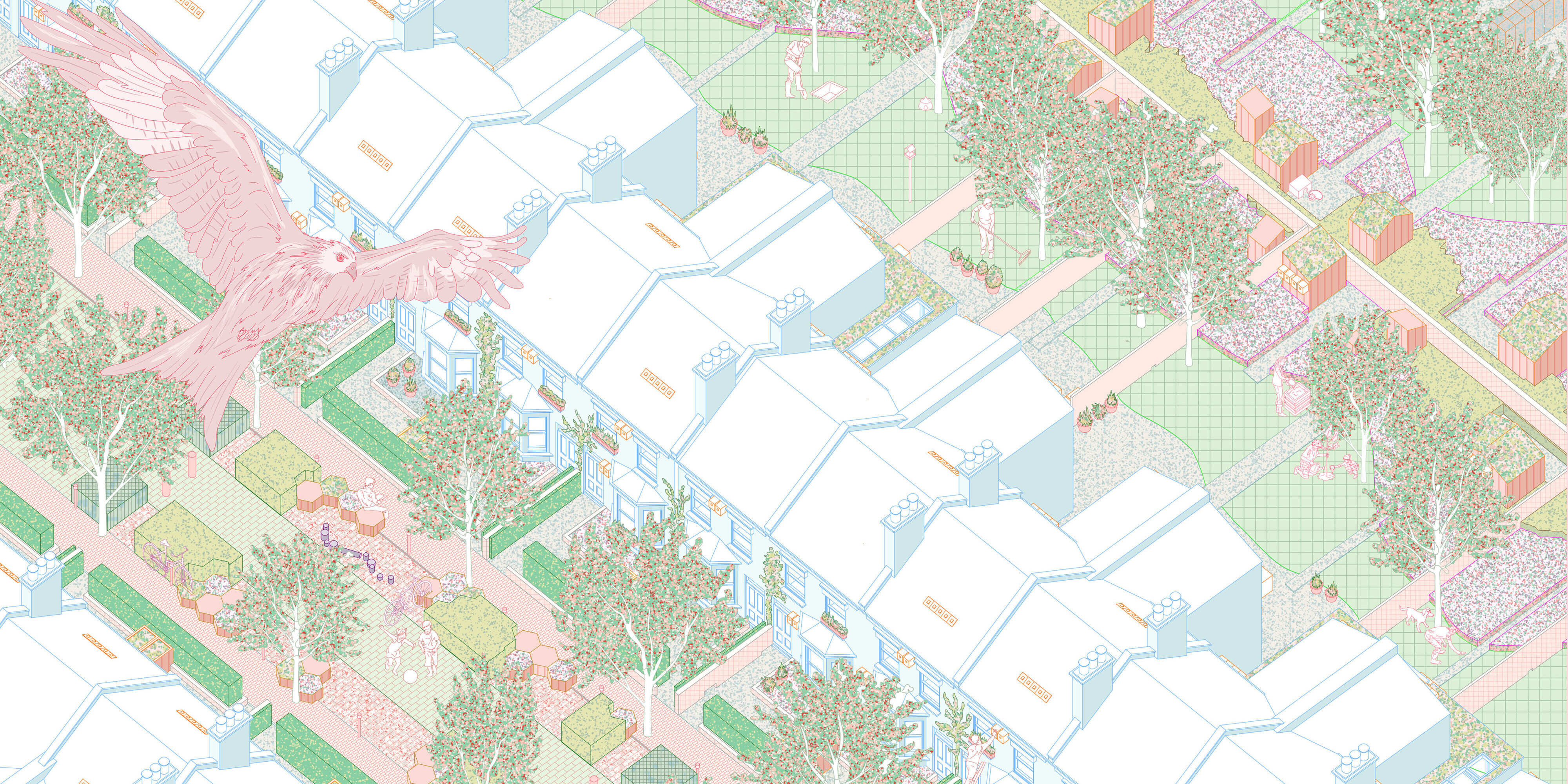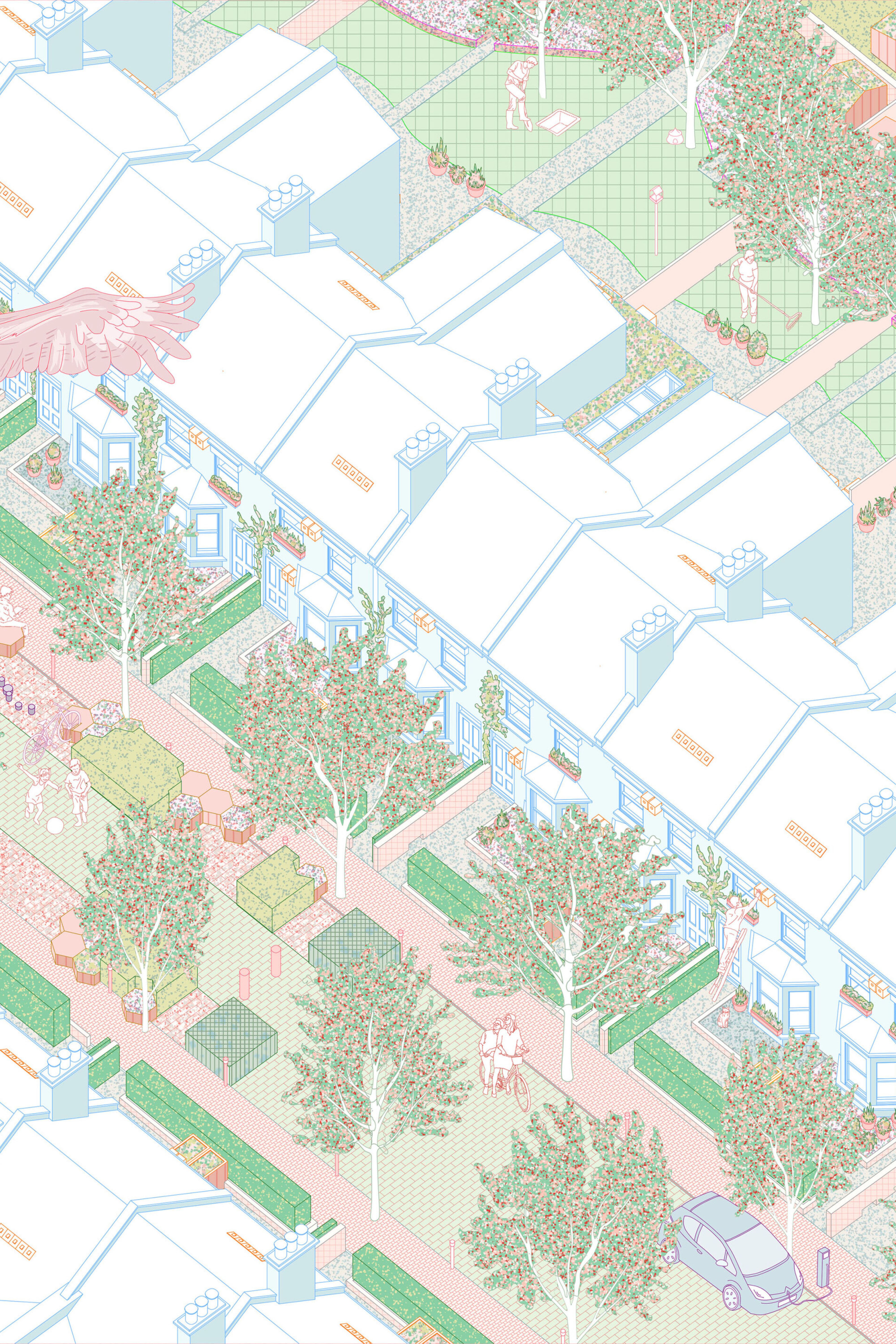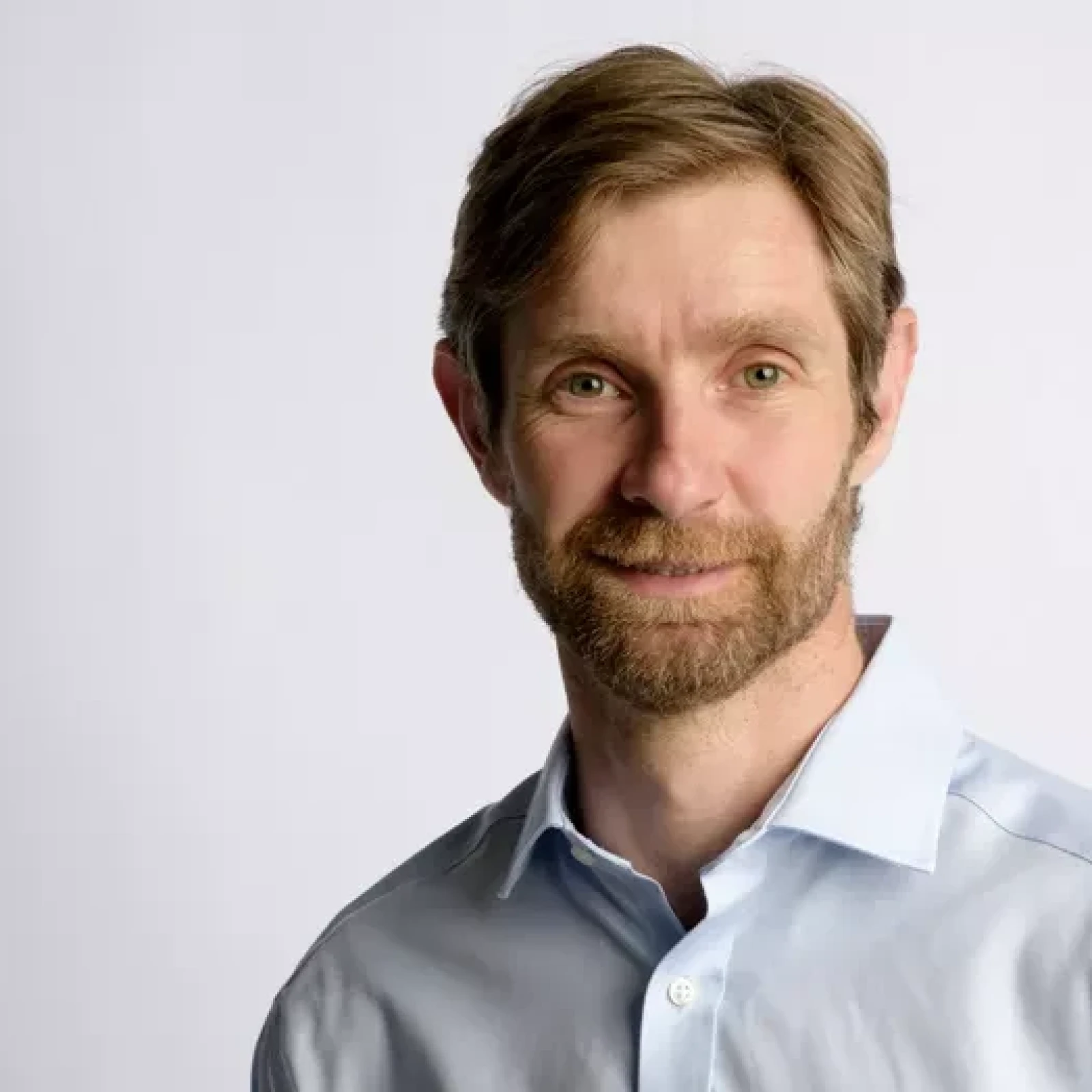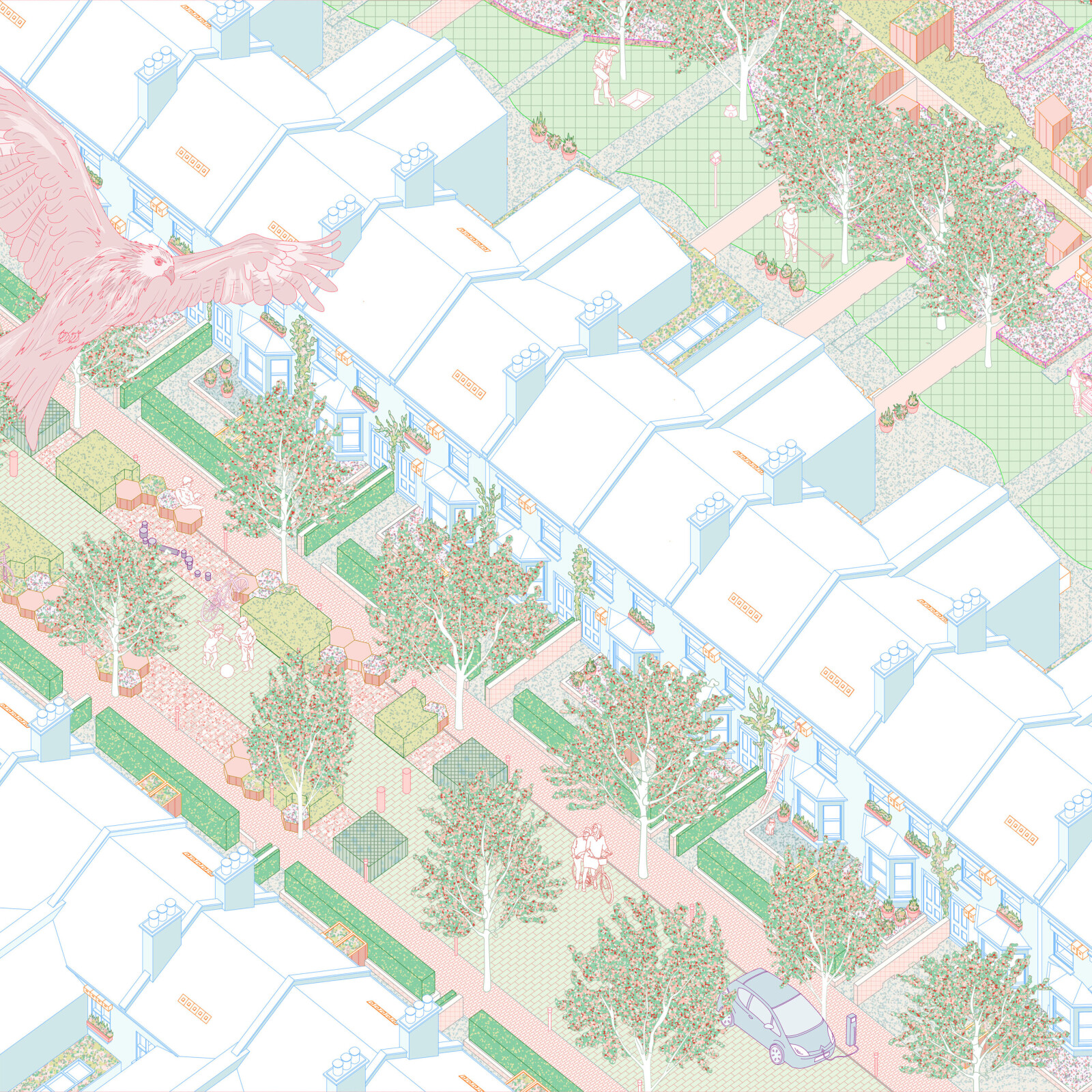In this latest interview with Future Observatory researchers, we are introducing Justin Webb and Siân Moxon – the team behind Wild Ways, a Design Exchange Partnership with London Metropolitan University and Kusuma Trust.
Design Exchange Partnerships bring academic researchers together with partner organisations (such as businesses, NGOs or local councils) to address challenges relating to the green transition.
In conversation with Future Observatory coordinator Pippy Stephenson, Justin and Siân share how their Design Exchange Partnership is engaging Londoners with urban rewilding.
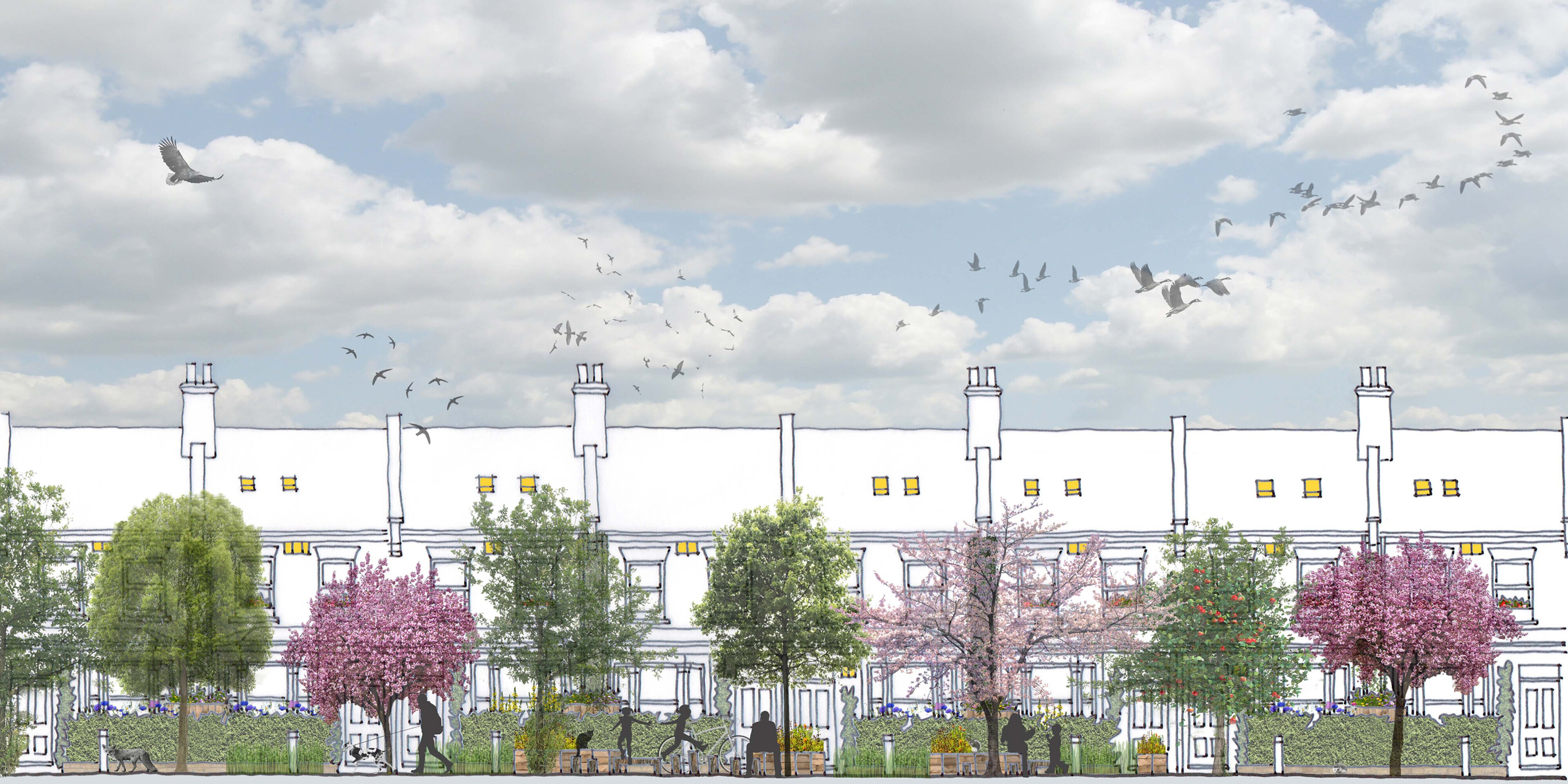
PS
Could you introduce yourselves?
SM
I'm an Associate Professor of Sustainable Architecture at London Metropolitan University, founder of the award-winning Rewild My Street urban rewilding campaign and Research Associate on this Design Exchange Partnership (DEP) project.
JW
I'm an Associate Professor of Public Health, also based at London Metropolitan University. Siân and I both work in the Centre for Urban and Built Ecologies (CUBE) and the Centre for Applied Research in Empowering Societies (CARES) addressing issues relating to health and climate in London. My role in this DEP is to apply behavioural science to these problems, drawing on a background in public health and behavioural change at a population level. Our objective is to combine behavioural science with design principles to look at effective ways to bring about change.
PS
Tell us about your project.
SM
Wild Ways is the final stage of a bigger study which aims to understand and influence urban rewilding behaviour among London residents. It builds on our previous research stages where we undertook literature reviews, interviews, surveys and co-creation workshops to brainstorm ideas and pilot solutions with London residents.
The Rewild My Street project is a design-led, practice-centred project which uses architectural drawings to inspire and empower residents to make small adaptations to their homes, gardens and streets. This benefits biodiversity, health and well-being and fosters resilience to climate change. Wild Ways then informs and strengthens these activities through behavioural science research.
JW
We wanted to try and understand why Londoners are rewilding their private gardens so we can support them to do this more effectively. To that end, we’ve been asking the following questions: what is it that makes people tick? And why do people do or not do certain things? By developing an understanding of these things, we can come up with ways to influence behaviours and increase biodiversity in London.
PS
How does the project support the green transition?
SM
Changing resident behaviour in gardens has the potential to increase London's green space cover and biodiversity, therefore addressing both the ecological and the climate crisis. More green space mitigates flood risk and overheating and it provides shade.
JW
To do this, we’re trying to understand what motivates people to create green spaces, whether it’s about mitigating climate change or just because it makes them feel good.
One of the things we have found is that people's values, emotions and feelings around nature can have a big influence on what they do. We are trying to apply this logic to young people, because if they develop a connection with nature, they are more likely to bring this into adulthood and actively support rewilding in their future homes and communities.
We’re developing teacher training resources, using Rewild My Street to talk to Key Stage Two students in London schools about urban rewilding. This is one way to engage young people with nature and activities that can improve biodiversity.
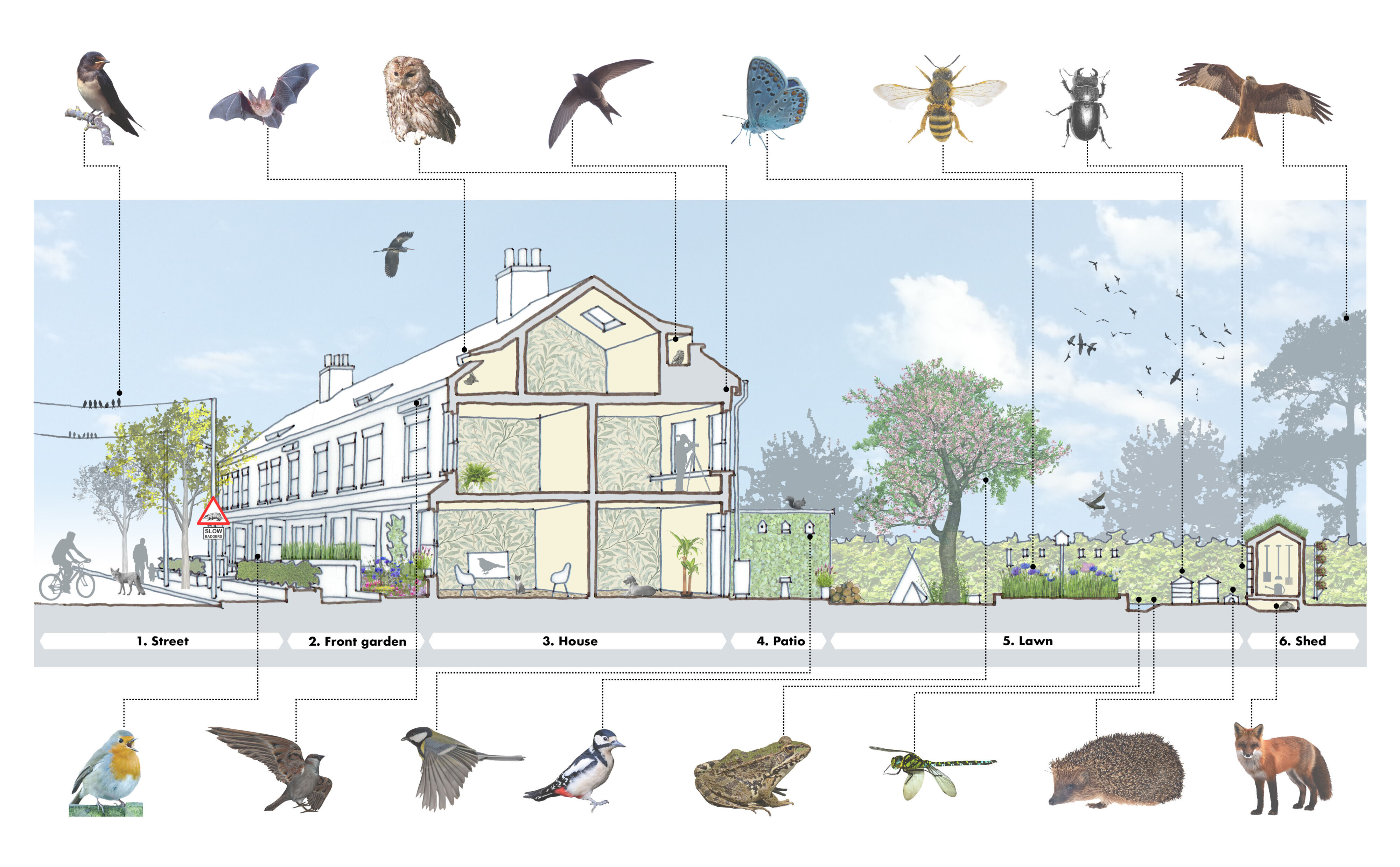
PS
Can you tell us about your partnership with Kusuma Trust?
SM
Kusuma Trust have been our partners on the rewilding study for a long time. They do a lot of philanthropic work in London, supporting community-oriented environmental initiatives, and have been fantastic in generating public engagement for our project. Their partners, Hubbub, have developed campaigns to promote environmental behaviour and have supported the marketing of our work.
PS
What impact do you hope this project will have in the future?
SM
Ultimately, we want more city dwellers to take action to rewild their gardens. In the short term, though, we want people to sign up to the London, Let's Get Rewild campaign and Rewild My Street. We can then them in our research through interviews about their motivations and experiences using the resources we’ve created.
JW
The other legacy I hope the project will have will be the creation of new information and knowledge. We started out by reviewing existing research into green behaviours and found that conservation practices have been largely uninfluenced by behavioural science or design research.
Since then, we have spoken to 20 residents in London, and we surveyed nearly 700 more on their relationship to urban rewilding. Now, other people can take the work we've done and use it to develop approaches and plans for their own green spaces – not just in London but in cities all around the world.
If everybody followed this approach and supported on data gathering and sharing, we could all learn from one another. In any area, knowing what works and what doesn’t, can help ensure that we all work more effectively. I hope that our research achieves just that – helping people to design better approaches for urban rewilding around the world.
